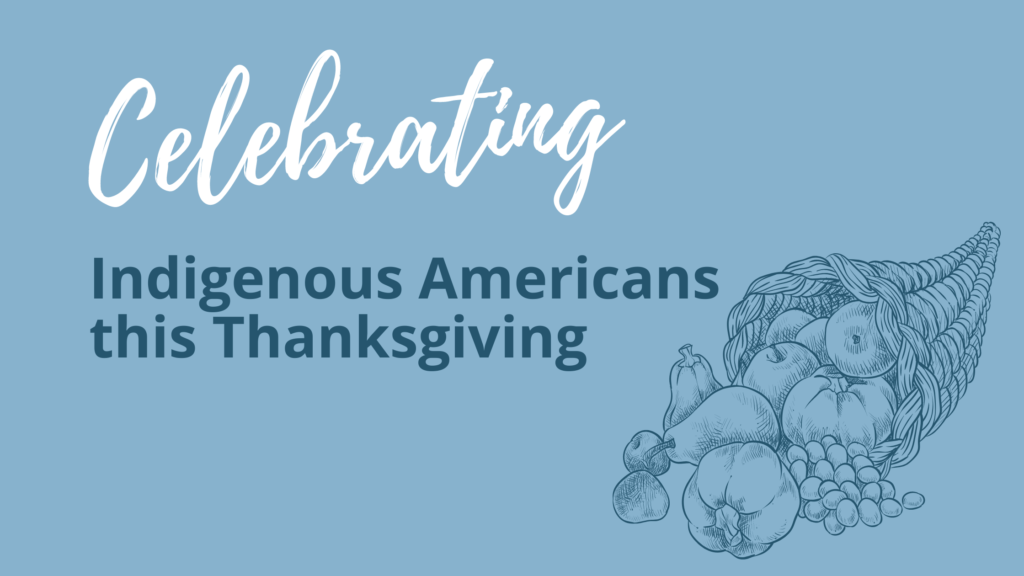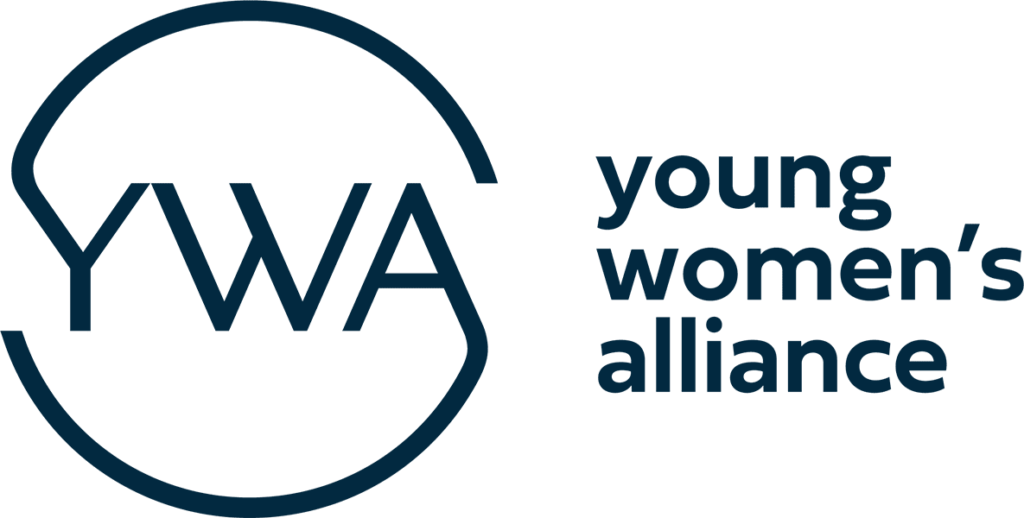

This week, we celebrate Thanksgiving.
Traditionally a day on which Americans gather with family and friends, watch football, and eat until they can eat no more, we’re taught as children that the day is in remembrance of that first great feast in 1621. A day to be thankful for the food on our tables. To remember the pilgrims, and the indigenous people who helped them start out, so that they could go on to bravely build the nation we share today.
But while it’s a time of contentment and togetherness for many, Thanksgiving – and indeed the settlement of what is now the United States – doesn’t have the romantic history that’s been told. The indigenous people of this country, who lost much in the time since Columbus arrived, are largely glossed over, despite their contributions and their rich culture. These people deserve as much recognition and remembrance as any others.
Myth vs. Reality
The story you probably remember learning in school goes roughly like this: friendly “Indians” (Indigenous Americans – in this scenario, of the Wampanoag tribe) welcome the pilgrims of the Mayflower to Massachusetts, teach them how to live on the land, have a great feast with them, and then…disappear into thin air?
That idyllic scene depicting indigenous Wampanoags and the Mayflower settlers sitting down as joyful new friends to a feast of turkey, cranberries, and mashed potatoes is nice, but imaginary.
True, the natives and the settlers did meet and live in close proximity. They shared food and festivities after that first harvest for the pilgrims. But while smaller details are embellished (search “First Thanksgiving facts” and you’ll find some fun tidbits about how they probably ate seafood instead of turkey, and the pilgrims didn’t wear only black), so are much larger ones. The entire premise of the event, and the relationship around it, omits much.
As we know, feasts and alliances among the Indigenous Americans and the new settlers were not the norm before or after this particular event. Plagues of disease that the Native population had no defense against were introduced by the newcomers. Many settlers also brought kidnapping, enslavement, and war. Gradually, the indigenous population as a whole became smaller and smaller, and tribes were pushed further and further off of the land that they had lived on for centuries.
Indigenous contributions to early America
For many Indigenous Americans, the Thanksgiving holiday is not a happy one but an annual day of mourning, a reminder of loss. And while nobody can change the past, we can acknowledge and celebrate all the cultures that make up the United States now, in this time. One way to do so is to create times of recognition – such as Native American Heritage Month, celebrated each November for the last 30 years. One month is nice, but as individuals, we can do so much more all year long. We start, by learning.
The natives of North America are many, their tribes are diverse, and they possess rich culture, history, and traditions. In daily life today, Native American inventions, innovations, language, and more are commonplace for the population as a whole; with many unaware of the fact. Native Americans were the first to cultivate many of the crops we eat, and export, such as corn, potatoes, and squash. Especially in the Southwest, cotton was being harvested and made into clothing as early as 1200 CE. Rubber and tobacco, too, were first grown by natives.
Natives invented Hammocks, kayaks, toboggans, and snowshoes. They invented baby bottles and formula, bunk beds, and oral contraception. They were experts in antiseptics and pain relievers – including black willow bark tea: extremely similar to today’s aspirin, but in use thousands of years sooner. It’s likely that you yourself have used at least a couple of these items just this week.
Even our government is modeled after a Native American system. The founding fathers – especially Benjamin Franklin – spent much time examining the systems of other nations, and found the Haudenosaunee, (what the English called the Iroquois Confederacy) to be particularly impressive. Led by Iroquois chief Canasatego, the Confederacy comprised of five (later six) separate tribes across Northern New York. “Often characterized as one of the world’s oldest participatory democracies, the [Iroquois] confederacy has persisted into the 21st century.” (Britannica) Now that’s impressive.
Celebrating an ever-evolving people
Like all of humanity, Indigenous Americans are a varied and diverse people, and are continually evolving. They hold onto their traditions and cultures; they remember and share their history as well as they can, despite challenges. But they also live very different lives from those of their ancestors.
In more recent history, Native Americans continue to bring major contributions to society. They have served with distinction in the U.S. Armed Forces since the Revolutionary War, and today serve in greater numbers per capita than any other ethnic group. They work in STEM, and the humanities; as educators and doctors; lawyers and government officials; musicians, and artists.
Whatever someone’s career or individual accomplishments though, recognition is due. As the group Native Hope states, “Native American Heritage Month is one step toward an ever present recognition and celebration of the Indigenous peoples of North America,” and the best way to help Native American communities, “is to start by listening.”
This Thanksgiving, let’s all work to listen and learn with compassion. We all share this land. There’s space for everyone’s story.
Gratitude for today
Thanksgiving Day is meant to be a time of happiness and gratitude for all. Learning more about what it means to everyone, and moving forward with a greater understanding of each other is one more thing we can be grateful for. It means we can do more to work towards the type of world that we want in our future. To create a society we can all be thankful to be a part of.
We’re lucky to have what we do. Despite the hard things we’ve all dealt with this year, there’s still so much to celebrate. We can give thanks; not just for our food, our homes, and our health. But also for the indigenous people who helped to shape this nation. For the myriad of cultures residing within it. The United States is a melting pot of diversity. The more that’s truly embraced, the richer everyone will be.
